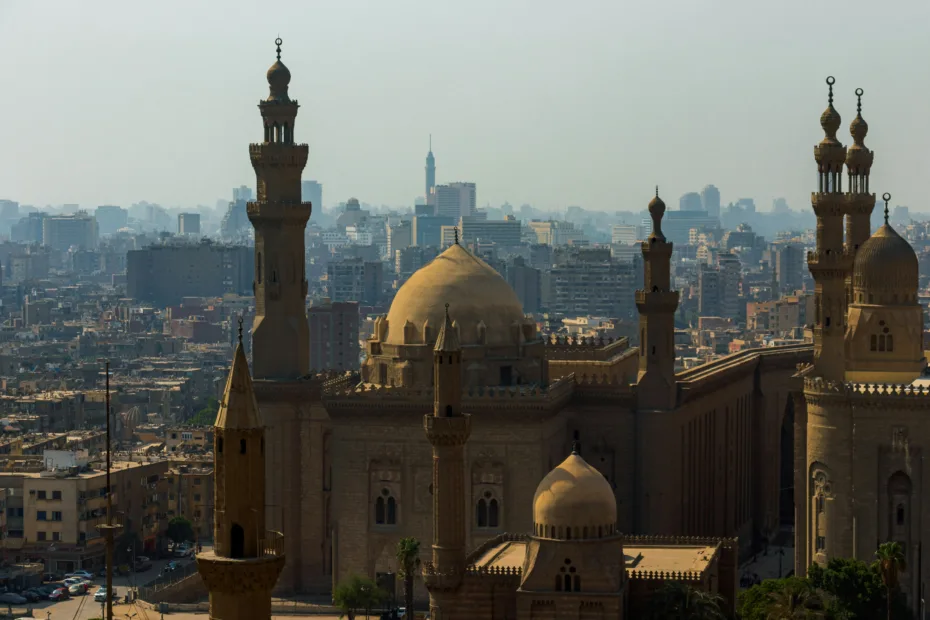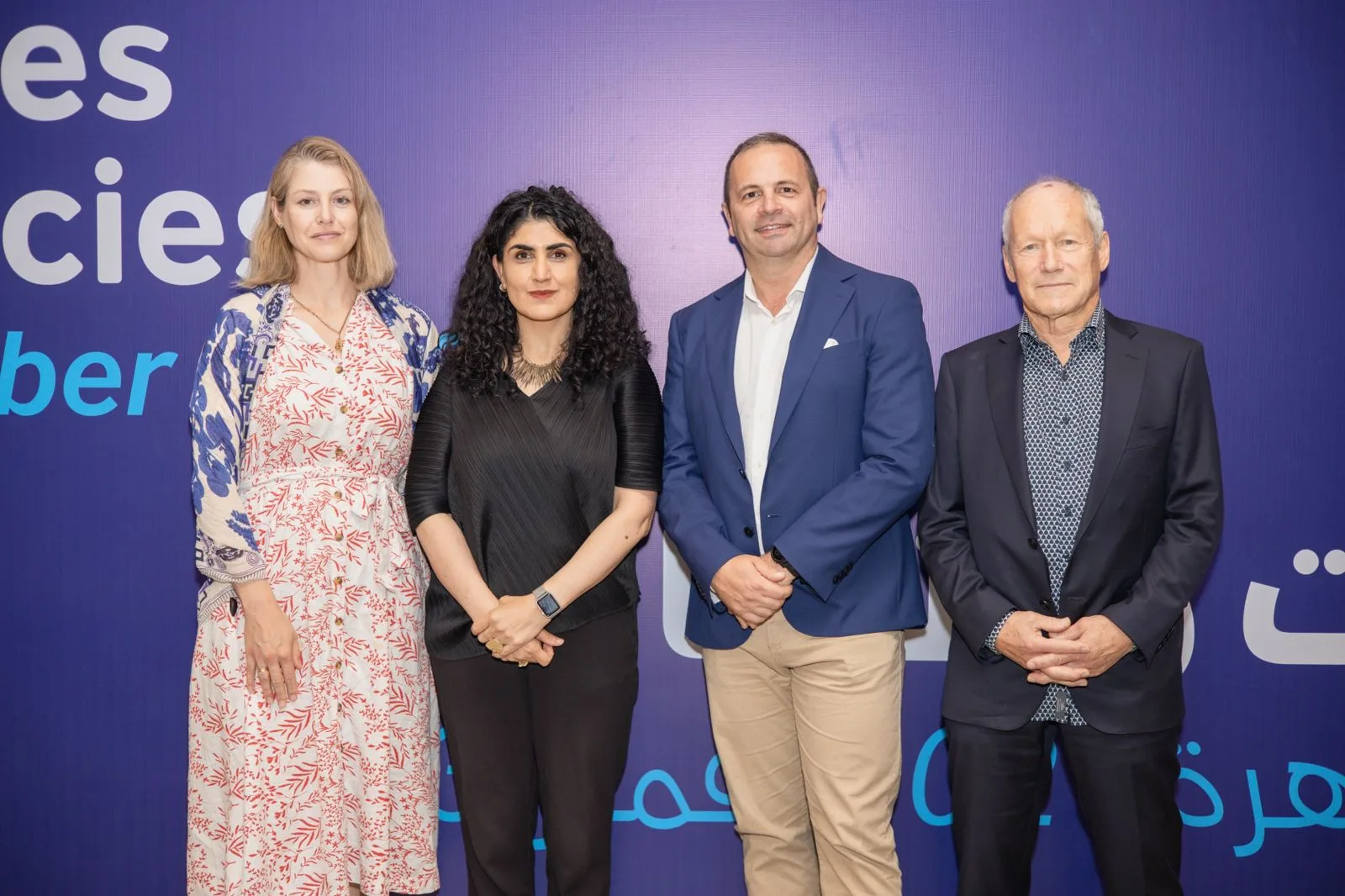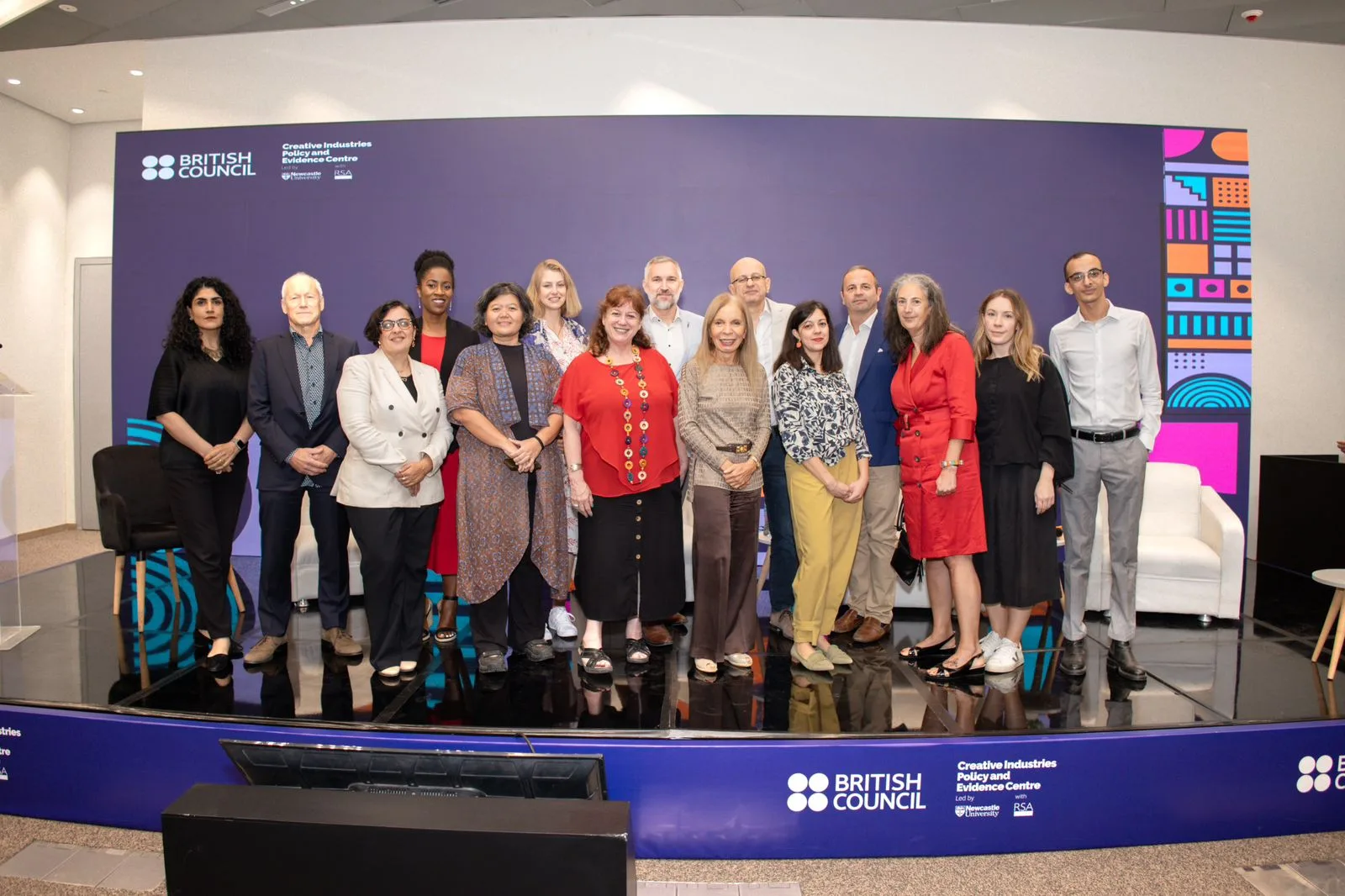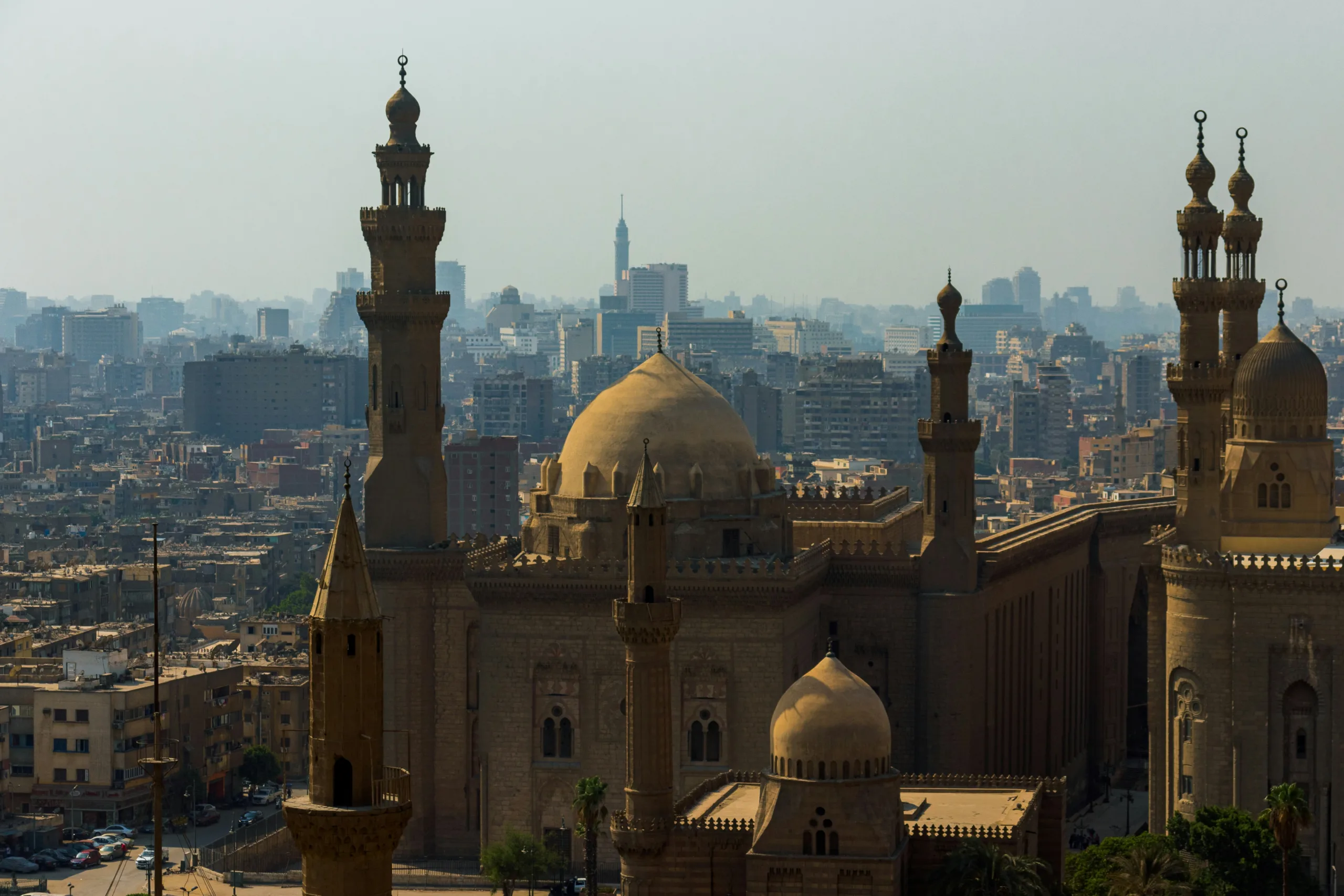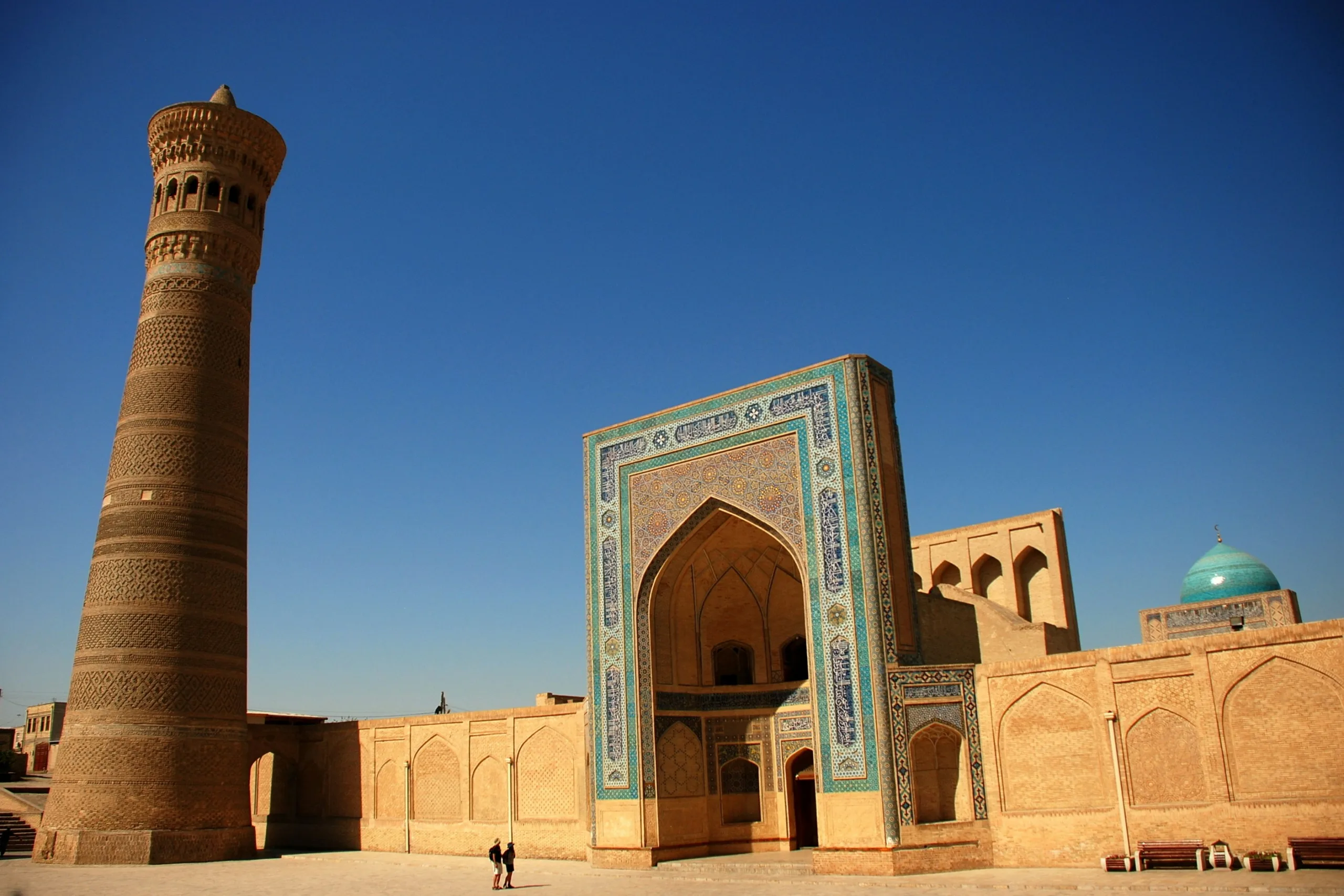Omar Nagati, CLUSTER
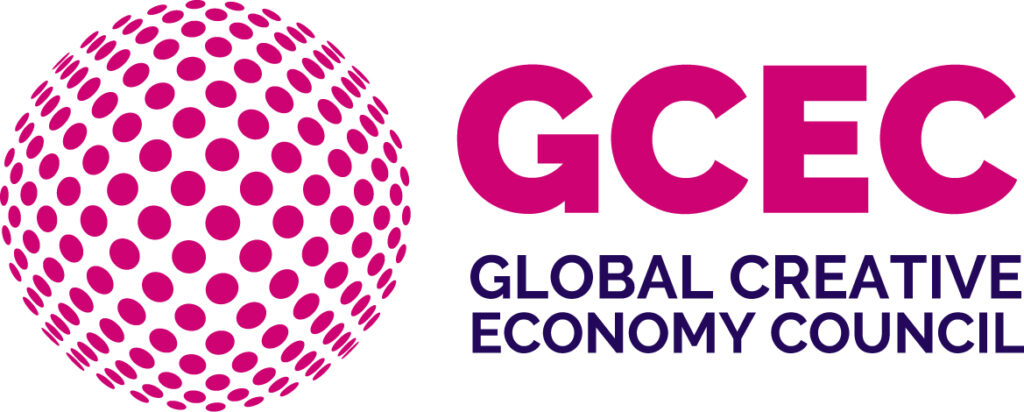
A blog from Creative PEC’s Global Creative Economy Council
In 2011, CLUSTER – the Cairo Lab for Urban Studies and Environmental Research – was established by Beth Stryker and myself as an independent urban research and design platform for the city, to offer evidence-based and grounded practice to enhance and animate public space through mapping, action research, and tactical interventions.
In preparation for the GCEC forum, Creative Initiatives and Cultural Policies, held in Cairo in November 2023, my team and I were commissioned by the British Council to conduct a study of the creative industries in Egypt. The aim was to contextualise the economic policies and urban politics that directly impact the artistic and cultural landscapes of Cairo.
The study, which extended over six months, was organized in three parts.
- In the first part we provided a background to creative policies in Egypt, identified previous mapping studies of creative industries, and questioned the definition and scope of this sector.
- In the second part we developed case studies that highlighted the emerging creative industry, with a specific emphasis on the role of youth, women and the informal sector.
- In the third part we looked at other cities and countries, particularly in the Global South, to make comparisons focusing on two main pillars: the role of intermediaries, and the question of intellectual property—both key to creative industries in the context of a prevailing informal sector in Cario.
At the outset, the research team was confronted with several challenges. Firstly, how to define the scope of creative industries in Egypt and understand their compartmentalization among various authorities. The question of data was also a constant challenge; its availability, accessibility and accuracy. Despite the study being supported by the British Council, none of the authorities we approached agreed to hold interviews, let alone share data, with the exception of Dr. Hisham Azmi, Secretary General of Supreme Council for Culture. We also found it challenging to define the criteria that would allow us to select a representative sample of the creative industries among its various subsectors.
The interviews, meetings, and visits with around twenty creative practices and initiatives opened up questions concerning their registration, legal structure, sustainable finance, funding, organisation, and business models, as well as the issue of intellectual property. Many of these points are directly related to large political economic characteristics common to other cities in the Global South: lack of good governance, the role of the informal sector, and younger demographics. The informal economy in Egypt constitutes up to 50% of GDP, while some sectors, such as informal housing, represent almost two-thirds of the housing stock – hardly a marginal phenomenon. This meant that one of the key arising questions was, how to define creative initiatives and actors within the largely unrecognized informal urban processes and tap into the resources individuals and communities have in these neighborhoods.
Within this broader picture, the study focused on two key issues as an entry point to policy recommendations: the role of intermediaries and the question of intellectual property. Intermediaries are defined as brokers between institutional structures, the global economy and wider markets, on the one hand, and creative individuals and small initiatives, as well as those in the informal sector, on the other. Whether State-led initiatives, private sector enterprises or civil society organisations, intermediaries offer a range of services to creative industries. These include providing a space and legal address; institutional support through incubators and accelerators; financial support, including seed and institutional funding; knowledge transfer, training and capacity building programs; in addition to networking and marketing opportunities, such as online platforms, exhibitions, and events.
To address the question of intellectual property (IP), including copyrights, patents and trademarks, the study first traced the evolution of IP laws in Egypt from 1939 to the present, culminating in the State’s vision of a unified National Strategy for Intellectual Property in 2022. Through extensive interviews and analysis, it became clear that IPs are generally perceived by creative actors in Egypt as not worth pursuing. Safeguarding intellectual property involves a cumbersome registration process, unclear protection mechanism and feeble reinforcement of laws, in addition to the extended time and cost required. Creatives are thus discouraged from considering IPs altogether, particularly in sub-sectors having fast-changing markets, such as craft and fashion. Finally, IPs in Egypt were viewed alongside other cities in the Global South, concluding that IP is not a one-size-fits-all approach for creative industries. This allows us to question strict IP systems which often benefit large private corporations, and acknowledge how creativity and copying may coexist within an overwhelmingly informal economy.
The study, Creative Industries in Egypt, offers an overview of a complex and fluid set of forces shaping the creative scene in Egypt, calling for further research and analysis of this nascent sector based on hard data and the cooperation of relevant authorities. The study represents both a profile of the state of industry in 2023 and a launching pad for more extensive mapping of intermediaries, extending their outreach to narrow the gap between creative initiatives, State institutions, and broader markets. It also addresses the nuanced question of intellectual property through a balance of protecting innovations by formal initiatives, and fostering creativity in the informal sector. Finally, the study calls to revisit the definition of creative industries in Egypt, and thus address related policies, ultimately recognizing informality as creativity.
Creative PEC’s blog provides a platform for independent, evidence-based views. All blogs are published to further debate, and may be polemical. The views expressed are solely those of the author(s) and do not necessarily represent views of Creative PEC or its partner organisations.
Photo credit: Photo by Yousef Salhamoud on Unsplash
More on the Global Creative Economy Council
Global Creative Economy Council: An introduction from the Former Chair
John Newbigin introduces Creative PEC's Global Creative Economy Council
Hasan Bakhshi and Rehana Mughal introduce the Global Creative Economy Council
Hasan Bakhshi and Rehana Mughal explain what the GCEC is trying to achieve and how the network will …
Creative Industries in Egypt: An Overview
Omar Nagati – GCEC Member and Co-Founder of CLUSTER – outlines the findings of a study into the crea…
UK engagement in Central Asia: Education and the creative economy in the territories of the ‘new Silk Roads’
Dr Martin Smith and Dr Gerald Lidstone look at the history of the British Council's work in Central …
